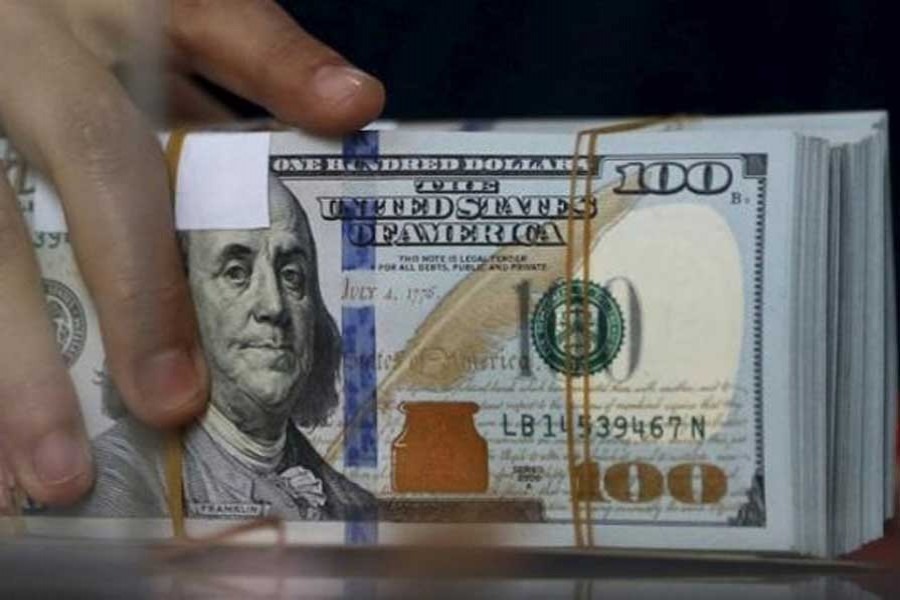
Published :
Updated :

Expatriate Bangladeshis sent home a total of $1.99 billion in remittances in March this year, marking a significant decrease ahead of Eid-ul-Fitr, according to central bank data.
The decline is noteworthy, especially considering that remittance typically sees an uptick during Eid celebrations.
Remittance receipts were down by 7.87 per cent in March compared to February, when the inflows reached $2.16 billion, according to data from the Bangladesh Bank.
Even in March, remittances experienced a slight dip of 1.23 per cent compared to the same period of last year, the BB said.
Remittance earnings stood at $2.02 billion in March last year, the BB data revealed.
Industry insiders attribute this decrease to the increasing prevalence of the hundi system.
In the recently concluded calendar year, Bangladesh received a total of $21.82 billion in remittances from January to December 2023, reflecting a modest year-on-year rise of 2.54 per cent.
According to the data from the central bank, remittance earnings stood at $21.28 billion in 2022.
In March this year, state-owned commercial banks brought home $ 261.77 million in remittances, specialised banks contributed $35.27 million, private commercial banks accounted for $1.69 billion, and foreign commercial banks sent $8.11 million.
Islami Bank Bangladesh PLC retained its top spot as the largest remittance collector, bringing in the highest amount of remittance sent home by migrant workers.
The bank fetched the highest $ 491.79 million in remittances in March, according to the BB data.
Remittance is the cheapest source of US dollars for Bangladesh and is a key pillar of the economy.
The central bank, in its quarterly report (July-September), identified the informal hundi channel as one of the major factors contributing to the recent fall in the country's remittance inflows.
"Despite the rise in migrant workers' numbers in Gulf and Middle-East countries, the amount of remittance inflows decreased in the first quarter of the current fiscal year 2023-24 due to active informal channels/hundi," the central bank's quarterly report said.


 For all latest news, follow The Financial Express Google News channel.
For all latest news, follow The Financial Express Google News channel.